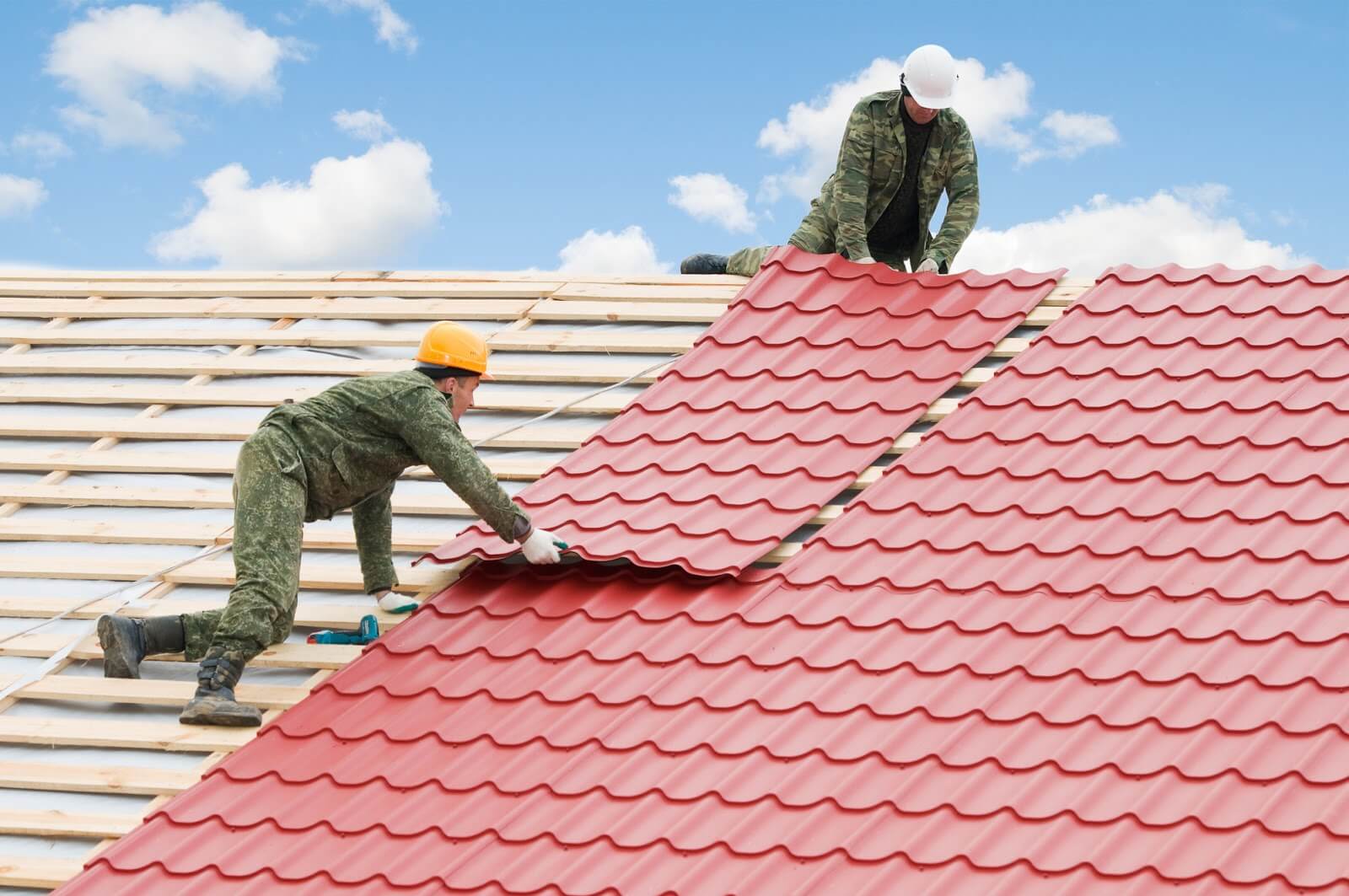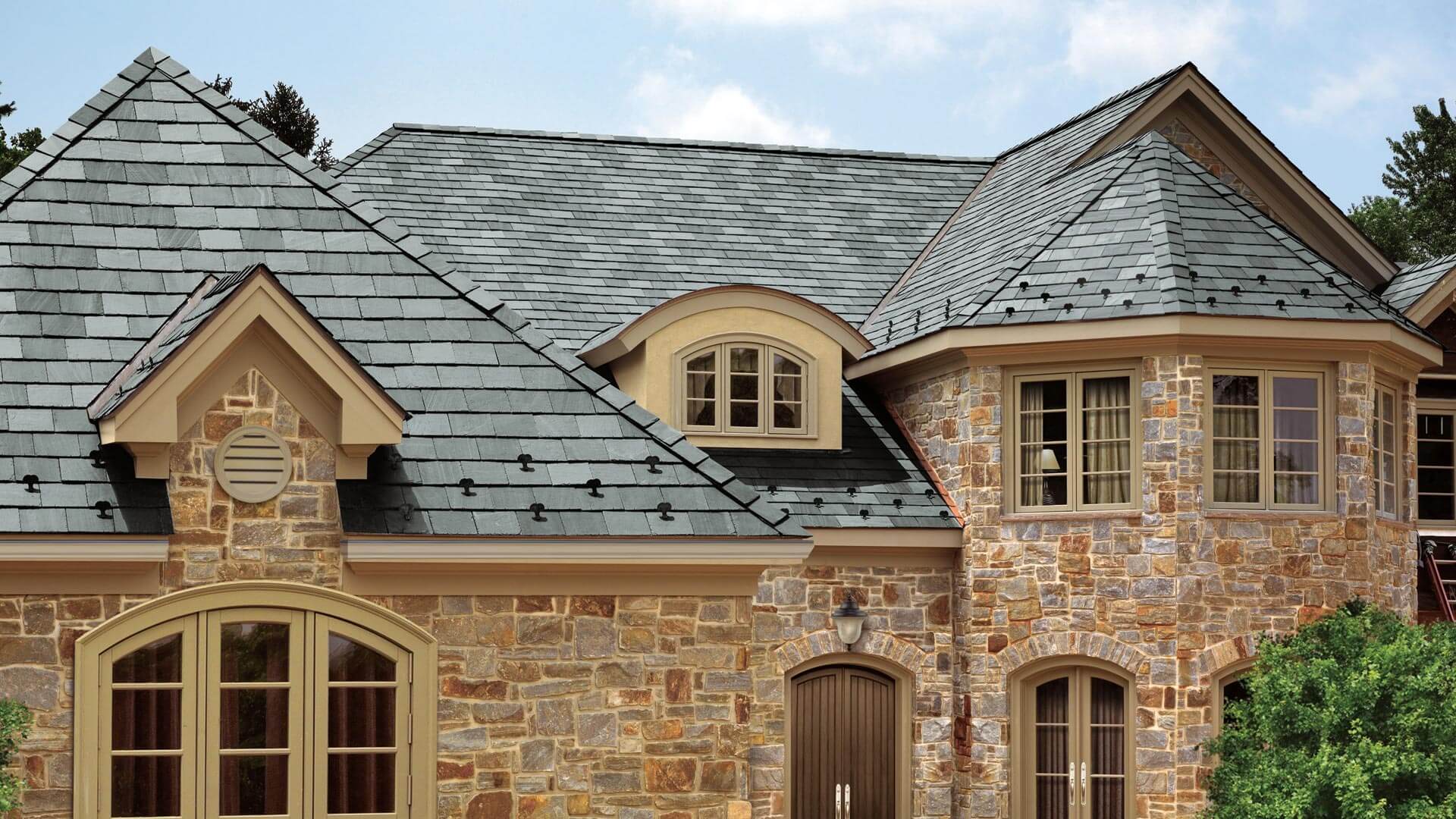The Ultimate Guide To Flat Roofing Installers
The Ultimate Guide To Flat Roofing Installers
Blog Article
The Flat Roof Specialists: Expert Roofing System Repair Solutions To Repair Leaks And Damage Efficiently
Checking Out Various Types of Roofing Repairs
Ever stared at a strange dark patch on your roofing and questioned, " What's really going on up there?" In some cases, identifying the right kind of roofing repair work resembles detective work, unraveling hints left by the weather, time, and wear. From subtle leakages to glaring damages, each repair type tells a story.

Common Roofing Repairs Unveiled
- Drip Fixes: The sneaky culprits-- small fractures or holes where water insinuates. Ignoring them can turn a mild trouble into an expensive headache.
- Shingle Replacement: Missing or broken shingles aren't just an eyesore; they're invites for water damage and bugs.
- Flashing Repair work: Those metal strips around chimneys and vents? When damaged, they end up being entrances for leaks.
- Roofing Vent Fixes: Proper ventilation keeps your attic dry and your energy bills low. When vents stop working, the roofing system suffers quietly.
When Little Fixes Make a Huge Difference
Imagine a buddy who overlooked a minor roofing leakage, thinking it was no big deal-- up until a storm hit, turning a drip into a deluge inside their home. This anecdote underscores why prompt repair work matter. The right fix could be as basic as sealing a fracture or as included as changing a number of shingles. How do you choose? Here's a fast choice guide:
| Concern | Typical Repair work | Signs to Look for |
|---|---|---|
| Leaks | Sealant application or patching | Water spots on ceiling, mold growth |
| Damaged Shingles | Shingle replacement | Missing granules, curling edges |
| Flashing Issues | Metal flashing repair work or replacement | Rust, separation from roof |
| Ventilation Problems | Vent repair or setup | Extreme attic heat, moisture accumulation |
Does not the intricacy of roofing repair work make you value the workmanship behind a strong roofing system? In some cases, a patchwork job isn't enough-- other times, a fast fix revives your whole roof. What's clear is this: comprehending the types of repairs empowers property owners to act decisively, protecting their financial investment before little fractures become wide chasms.
Revealing the Important Roofing Repair Work Products
When a roof whispers signs of wear, the products you select for repairs can either extend its life or quicken its death. Ever noticed how a handful of loose shingles can cause a waterfall of leaks? That's the delicate dance in between asphalt shingles and weather condition's ruthless attack. These shingles, typically the first line of defense, are valued for their balance between toughness and ease of installation. But beware-- merely covering with mismatched shingles can turn a fast fix into a future headache.
Metal flashing typically gets away notice up until water stains appear on ceilings. Yet, this unassuming strip guards vulnerable joints where various roofing system sections satisfy. Roofing. An experienced roofing contractor understands to inspect and replace corroded flashing before mold claims success. It's the distinction in between a minor repair work and a pricey interior restoration
Products that Matter
| Material | Common Use | Professional Suggestion |
|---|---|---|
| Asphalt Shingles | Replacing harmed or missing out on shingles | Match granule color and density for smooth blending |
| Metal Flashing | Sealing roofing joints and around chimneys | Usage corrosion-resistant metals and seal edges with roofing cement |
| Roofing Cement | Sealing minor fractures and protecting flashing | Apply while warm for finest adhesion and durability |
| Roof Felt | Underlayment for wetness barrier | Staple carefully to prevent piercing the water resistant layer |
Have you ever questioned why some roofs appear to weather storms unscathed while others fail? The secret typically lies below the surface area in the underlayment. Roof felt, a simple yet vital material, serves as a second shield when shingles fail. Cutting corners here suggests welcoming moisture to sneak in unnoticed. Here's a professional insight: always ensure the felt lies flat without any wrinkles; even a little bubble can trap wetness and result in premature rot.
- Inspect fasteners-- loose nails can loosen shingles and stir disaster.
- Utilize a multi-layer method; combining products boosts resilience.
- Keep in mind, roofing cement is your buddy but not a cure-all; it's finest for area repair work.
In the world of roofing repair work, precision with products transcends simple patchwork. It's a calculated symphony of texture, moisture control, and weather resistance. The next time you raise a shingle, ask yourself: does this repair work honor the roof's original defense or simply paper over the fractures?
Assessing the Damage with a Keen Eye
Ever climbed onto your roof only to recognize that what appeared like a small leak may be concealing a maze of damaged shingles and deformed decking underneath? The initial step in any roof repair is a careful examination. Walk the border with care and look for curled edges, dark spots, or granule loss on the shingles-- these subtle signs typically whisper louder than an open hole. Don't just glimpse; study the angles, because water seepage hardly ever reveals itself nicely.
Event Materials: The Precision of Preparation
Before rising the ladder, ensure you have all the necessary tools at arm's reach. Picture the frustration of stabilizing on a slanting surface area, recognizing you forgot your roofing cement or roof nails. Here's a list to keep handy:
- Replacement shingles matching your existing roofing system
- Hammer and galvanized roofing nails
- Roof cement or sealant
- Energy knife for accurate cuts
- Flat pry bar to remove damaged shingles
- Safety harness and non-slip shoes
Accuracy in Removal and Replacement
Eliminating damaged shingles needs both strength and skill. Insert the pry bar carefully under the shingle, raising nails without tearing adjacent areas. One might be tempted to yank forcefully, however progressive take advantage of prevents additional destruction. When placing new shingles, stagger them properly-- keep in mind, a misaligned shingle can become an entrance for rainwater, welcoming leaks that slyly deteriorate your home's structure gradually.
Sealing the Offer: Avoiding Future Leakages
Applying roof cement isn't simply slathering tar; it's about creating a resilient barrier. Dab a modest amount under the shingle tabs and press strongly, ensuring a tight fit. Too much cement can crack in the sun, too little welcomes moisture. Have you noticed how some roofings make it through storms untouched? That's the result of specialist sealing, a subtle art that transforms simple fixes into enduring security.
Security Tips Every DIY Roofing Contractor Should Swear By
- Never work on a damp or windy day-- slips happen faster than you believe.
- Use a durable ladder put on company ground and examine its angle.
- Wear gloves to secure your hands from sharp edges and nails.
- Keep an emergency treatment kit close by; minor cuts can intensify if neglected.
- Work with a buddy whenever possible-- roofings aren't a solo experience.
Why Trusting Professional Roofer Matters
Ever discovered how an easy leak can quietly change into a catastrophe? Roofing repairs demand accuracy, and hiring beginners frequently causes patchwork solutions that crumble with the next storm. An expert contractor does not just slap on shingles; they detect the origin, whether it's worn flashing, jeopardized underlayment, or here concealed rot.
Think of climbing onto the roofing yourself, equipped with a hammer and some nails, just to recognize you've gotten worse the problem. The truth is, roofing system damage isn't always visible from the ground and even the attic. Professionals wield moisture meters and infrared cameras-- tools that reveal the hidden. Would you trust your home's shield to uncertainty?
Secret Benefits of Specialist Roof Contractors
- Precise Assessment: They recognize subtle indications like granule loss or sagging decking that most miss out on.
- Code Compliance: Making sure repairs fulfill regional building codes, preventing future insurance coverage headaches.
- Material Proficiency: Picking the right products to match your roofing system's special profile and climate obstacles.
- Safety First: Browsing steep slopes and heights with proper harnesses and equipment.
- Warranty Assurance: Support repairs with assurances that protect your financial investment.

Professional Tips for Hiring the Right Roofing Contractor
- Verify licensing and insurance coverage-- don't bet with unproven credentials.
- Request a detailed written estimate detailing scope and materials.
- Ask about their procedure for resolving hidden damage discovered throughout repair work.
- Examine how they manage debris elimination-- roofing work should not leave a mess behind.
- Confirm experience with your specific roof type, whether asphalt, metal, or tile.
In roofing repair work, shortcuts typically cost more in the long run. The specialists know when to fix, when to change, and how to extend your roofing's life expectancy. Isn't it much better to protect your home's first line of defense with those who see beyond the surface?
Professional Roofing System Repairs in Baltimore County
Baltimore County is a vibrant area known for its varied neighborhoods and rich history. With a population that enjoys a mix of rural and urban living, the county offers tourist attractions like the scenic Loch Raven Reservoir and the vibrant Towson Town Center. Homeowners benefit from a strong local economy and access to quality public parks and cultural events, making it a preferable place to live and work.
For trusted suggestions and a complimentary assessment on roof repairs, think about reaching out to CRG Roofing and Siding. They supply professional guidance customized to your requirements and help guarantee your roofing remains in exceptional condition.
Report this page